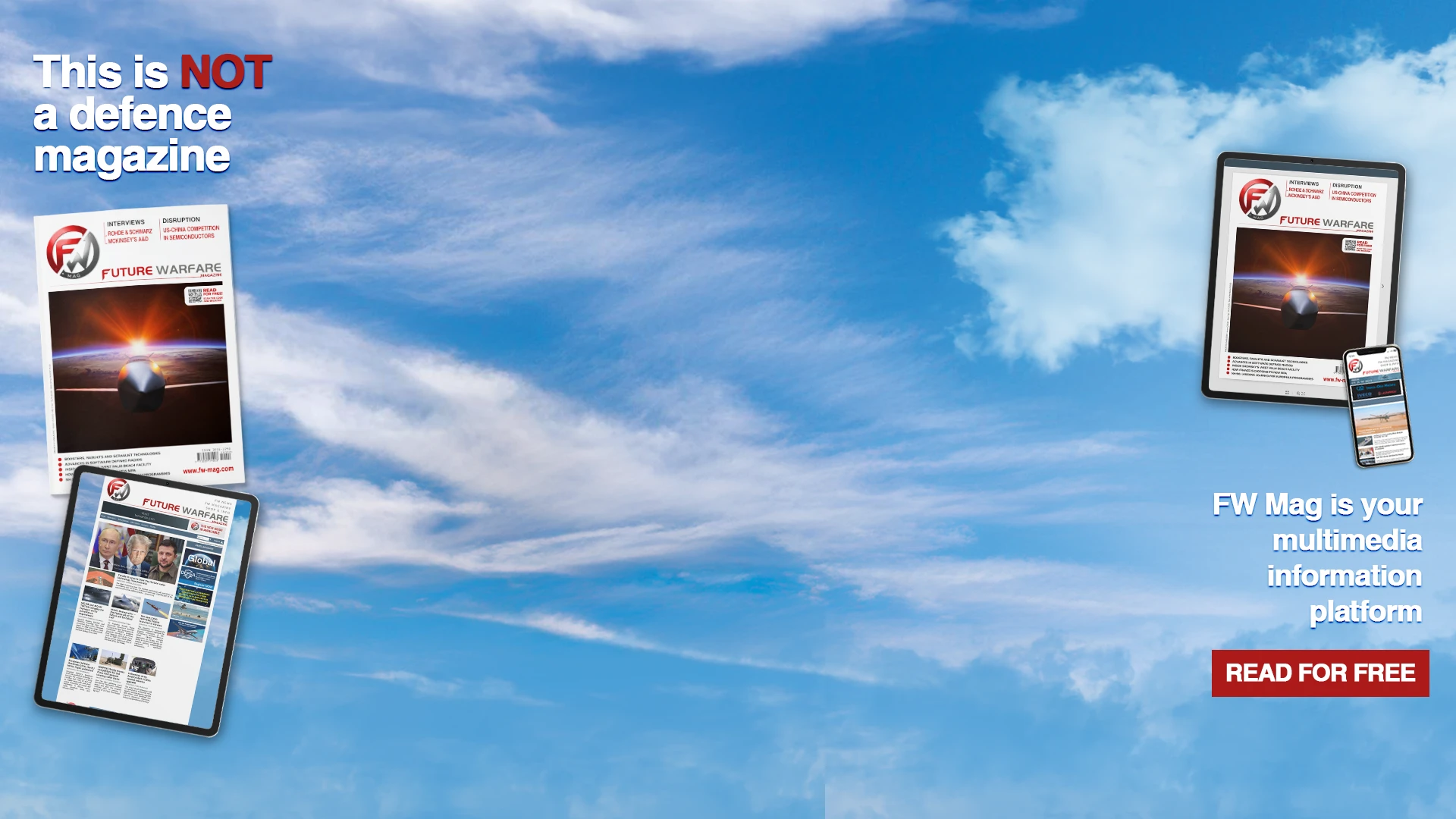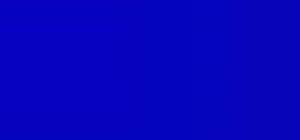
In a wide-ranging interview with French broadcaster TF1 on Tuesday evening, French President Macron discussed several foreign and domestic policies, starting from the war in Ukraine.
During his speech, President Macron focused on the political dimension of the conflict as well as on its economic impact on France’s domestic issues. The French President noted that Ukraine should be in the best possible position to enter negotiations. He referred to a recent initiative led by several European leaders during a visit to Kyiv on 10 May, which proposed a 30-day unconditional ceasefire. The plan, which would be overseen primarily by the United States with European support, was swiftly rejected by Moscow on 12 May. Macron framed the ceasefire as a critical prerequisite for Kyiv to begin addressing core issues such as territorial integrity and long-term security guarantees.
“In reality, even the Ukrainians themselves acknowledge they will not be able to retake all the territories lost since 2014,” Macron noted, adding that diplomatic realism must inform Europe’s position.
He confirmed that the European Union would continue applying pressure on Russia, potentially through a new round of sanctions. The EU's 17th sanctions package, approved by ambassadors on Wednesday, is expected to be ratified by 20 May - shortly after a proposed, but still unconfirmed, meeting between Presidents Putin and Zelensky in Istanbul. Macron also underscored the central role of the United States in maintaining diplomatic momentum and deterring further escalation.
The ultimate goal is to stop the war while ensuring that Russia is deterred and Ukraine is sufficiently strong militarily to defend itself in the future, considering that the country will not join NATO. As a sign of solidarity, France and other European countries might redeploy "reassurance forces" to be stationed in key areas not located on the frontline to deter future aggressions, but leaving the initial response to any breach to Ukrainian forces.
Turning to domestic defence preparedness, Macron discussed France’s transition to a “war economy” mode, initiated in June 2022. He acknowledged that France's traditional reliance on nuclear deterrence had left its conventional forces and industrial base under-prepared for prolonged, high-intensity conflict. Since then, Paris has invested heavily in modernizing and scaling up production of key systems, including the KNDS CAESAR self-propelled howitzers and Dassault RAFALE fighter jets.
Macron pointed out a sharp increase in France’s defence budget - from €32 billion in 2017 to €50 billion in 2024 - with further increases planned. He also identified a structural challenge: Europe’s financial ecosystem, shaped by restrictive regulations, has historically discouraged private investment in the defence sector. His administration is actively working to reverse this trend through both regulatory reforms and targeted incentives.
In his speech, Macron also addressed European defence and France's nuclear deterrence. He reiterated that France’s nuclear deterrent remains under exclusive national control. However, he opened the door to broader discussions about Europe’s nuclear security, noting that French doctrine since General De Gaulle has always included a European dimension. He clarified that while France would not assume financial responsibility for the security of other states, he is willing to explore arrangements like US nuclear deployments in Europe. Under such a framework, countries like Poland might host French nuclear assets – though without any shared control over launch decisions. A “very, very confrontational position” according to Kremlin spokesman Dmitry Peskov.
Macron sees the current scenario as part of a broader geopolitical awakening in Europe. A Europe that “was first made for peace […], then became a market and a symbol of prosperity. And that now represents power”. While France maintains independent military capabilities, most European countries still depend on US support. He warns that this dependence is unsustainable, and Europe must organize itself to become more self-reliant while still cooperating with the US when interests align. Nonetheless, he confirmed that “France is not going to pay for other countries’ security” - basically the same position as Trump, but in a polite fashion and in French.
“The challenge of challenges is to remain free”, the President reiterated during the interview. However, he should have added that remaining free has a cost that France could probably not afford. According to a figure shared during the broadcast, 40 % of French support the initiatives that President Macron took on the international stage in the last months and call for additional help to Ukraine.
The reality is that the country has been losing its international weight, and the situation might worsen should the government fail to approve the economic measures needed to reduce the public debt, and consequently its dependency on creditors. President Macron has probably wasted an opportunity to better explain this scenario, for instance by explaining that the so-called economy of war is in fact an alleged one.








